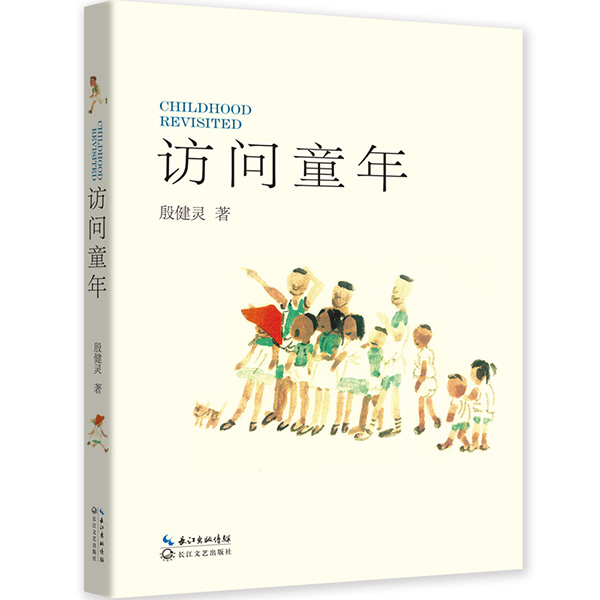Memories of change
By Mei Jia | China Daily | Updated: 2019-01-17 08:02

In 1945, when China was still in the civil war, Luo's father sent a letter asking if his then 9-year-old son was alive. Luo bursts into tears upon reading about his father's love for him.
"I didn't know what my dad looked like, even if my mother showed me a photo. I know he read magazines and played the vertical bamboo flute, but I kept wondering if I could recognize his face among those of strangers on the street," Luo tells Yin in the book
Luo got a chance to meet his father for the first time in person after New China was founded in 1949. But his father was then seeking a divorce from his mother, as he had decided to remarry. Luo speaks of such heartbreaking moments peacefully, just as his mother did.
"I could understand his dilemma years later when I became a father myself. I know he had been watching me and trying to help in ways he could," the book quotes Luo as saying.
Yin's other interviewees include a technician born in 1958, who lost his father during the "cultural revolution" (1966-76); a government official born in 1971, who has bitter memories of her stepmother; a dancer born in 1982, who regained her self-confidence in school; and a boy born in 1998, who overcame his fear of the darkness around him after losing his sight suddenly.
High school student Bao Zhanxiang, who was born in 1999, tells Yin he prefers "less materialism", even after losing his first love because their pursuits were different.
Yin says Bao's stories and how he spent his childhood touched her the most.
"Bao was not just thinking. He read and took action at a very young age, and he is now doing social research and works in his spare time," Yin says. "The younger generations of this country sometimes make us adults feel a bit ashamed."
At the book's launch in Beijing, critics praise the stories of young people who are living in an era of abundant material and information comforts but make the right choices.
"In all these years, especially the past 40 years of reform and opening-up, China has seen many dramatic changes. This is like a mirror from another perspective on our past and present," Hao Zhensheng, veteran publishing researcher, says.
























